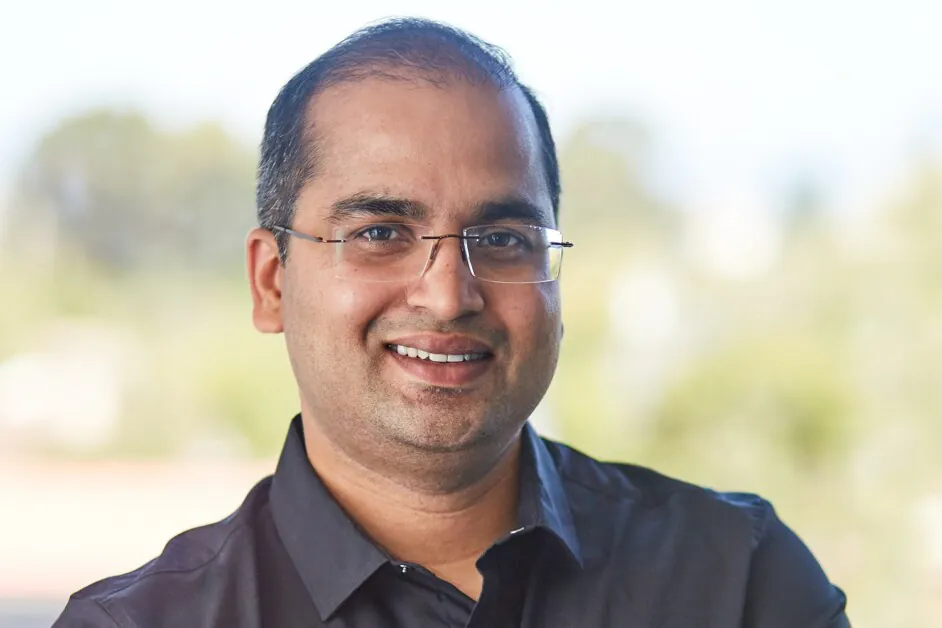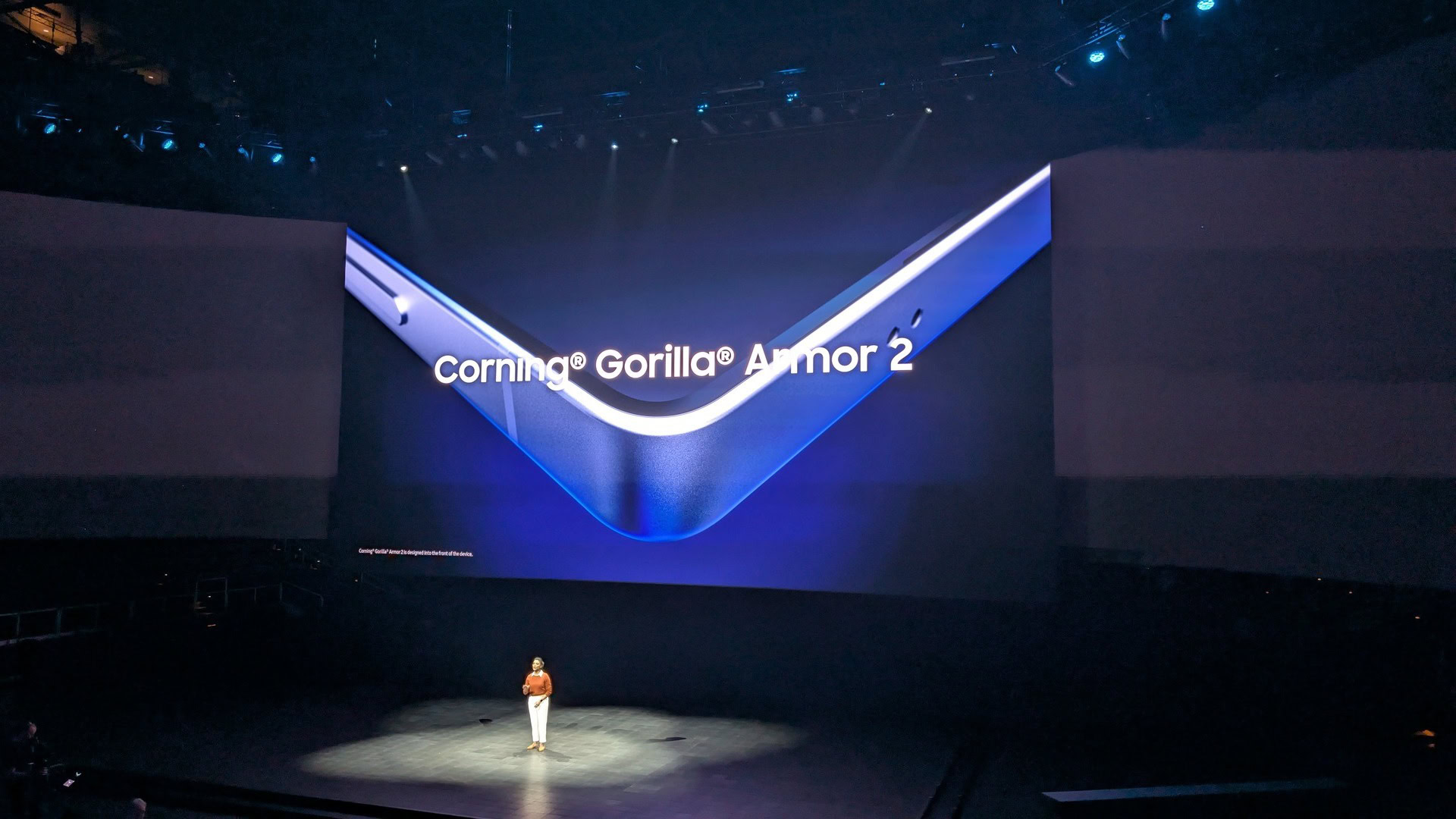Mindset of a Senior Engineer
3 words mentioned in the title of this post are needed to be exactly that – senior engineer. Let’s break it down. Mindset Mindset is difficult to explain, and not because of its technical side. In fact, it’s the non-technical qualities that make it tricky yet essential to master. A senior engineer's mindset encompasses traits that go beyond coding skills and technical knowledge. Here are some key non-tech qualities every engineer should cultivate: Decision-Making Based on Project Context: A senior engineer must evaluate project complexity, timelines, and client needs to make informed decisions. Balancing these factors ensures solutions are both practical and aligned with the bigger picture. Clear Communication: The ability to rephrase and clarify concepts so everyone, regardless of their technical expertise, can understand is a hallmark of effective engineering. This includes bridging gaps between technical and non-technical teams. Proactivity: Instead of waiting for instructions, a senior engineer anticipates challenges, identifies opportunities for improvement, and takes initiative to drive better outcomes. Empathy and Collaboration: Understanding team dynamics, empathizing with colleagues, and fostering a collaborative environment are essential for creating effective solutions and achieving shared goals. Adaptability: Projects evolve, requirements change, and technologies advance. A senior engineer’s mindset embraces flexibility and sees change as an opportunity rather than a setback. Senior Seniority isn’t just about years of experience. It can be summarized by this equation: seniority = years of experience * (knowledge + mindset) Knowledge is built over time through hands-on experience, learning from failures, and staying updated with the latest industry trends. But mindset—as described above—is the multiplier that transforms experience into seniority. Without the right mindset, even extensive experience may fail to lead to impactful contributions. Engineer It’s important to distinguish between an engineer and a developer. Both roles are valuable, but their approaches and perspectives differ. A developer is often task-oriented, focused on completing assigned tickets without necessarily considering the broader context. They’re like ants working diligently on individual pieces of the puzzle. An engineer, on the other hand, takes a holistic view. They consider multiple solutions, analyze trade-offs, and select the one that best meets the project’s needs. Engineers think about scalability, maintainability, and the overall architecture, ensuring their work contributes to the long-term success of the project. An engineer’s mindset elevates their role from execution to innovation, making them indispensable in driving meaningful progress. In conclusion, becoming a senior engineer requires a blend of technical expertise and a refined mindset. It’s about making thoughtful decisions, embracing responsibility, and consistently striving for excellence.

3 words mentioned in the title of this post are needed to be exactly that – senior engineer. Let’s break it down.
Mindset
Mindset is difficult to explain, and not because of its technical side. In fact, it’s the non-technical qualities that make it tricky yet essential to master. A senior engineer's mindset encompasses traits that go beyond coding skills and technical knowledge. Here are some key non-tech qualities every engineer should cultivate:
- Decision-Making Based on Project Context: A senior engineer must evaluate project complexity, timelines, and client needs to make informed decisions. Balancing these factors ensures solutions are both practical and aligned with the bigger picture.
- Clear Communication: The ability to rephrase and clarify concepts so everyone, regardless of their technical expertise, can understand is a hallmark of effective engineering. This includes bridging gaps between technical and non-technical teams.
- Proactivity: Instead of waiting for instructions, a senior engineer anticipates challenges, identifies opportunities for improvement, and takes initiative to drive better outcomes.
- Empathy and Collaboration: Understanding team dynamics, empathizing with colleagues, and fostering a collaborative environment are essential for creating effective solutions and achieving shared goals.
- Adaptability: Projects evolve, requirements change, and technologies advance. A senior engineer’s mindset embraces flexibility and sees change as an opportunity rather than a setback.
Senior
Seniority isn’t just about years of experience. It can be summarized by this equation:
seniority = years of experience * (knowledge + mindset)
Knowledge is built over time through hands-on experience, learning from failures, and staying updated with the latest industry trends. But mindset—as described above—is the multiplier that transforms experience into seniority. Without the right mindset, even extensive experience may fail to lead to impactful contributions.
Engineer
It’s important to distinguish between an engineer and a developer. Both roles are valuable, but their approaches and perspectives differ.
A developer is often task-oriented, focused on completing assigned tickets without necessarily considering the broader context. They’re like ants working diligently on individual pieces of the puzzle.
An engineer, on the other hand, takes a holistic view. They consider multiple solutions, analyze trade-offs, and select the one that best meets the project’s needs. Engineers think about scalability, maintainability, and the overall architecture, ensuring their work contributes to the long-term success of the project.
An engineer’s mindset elevates their role from execution to innovation, making them indispensable in driving meaningful progress.
In conclusion, becoming a senior engineer requires a blend of technical expertise and a refined mindset. It’s about making thoughtful decisions, embracing responsibility, and consistently striving for excellence.
What's Your Reaction?



















/cdn.vox-cdn.com/uploads/chorus_asset/file/25842495/2185061368.jpg)
/cdn.vox-cdn.com/uploads/chorus_asset/file/25842518/Screenshot_2025_01_22_at_1.10.10_PM.png)







